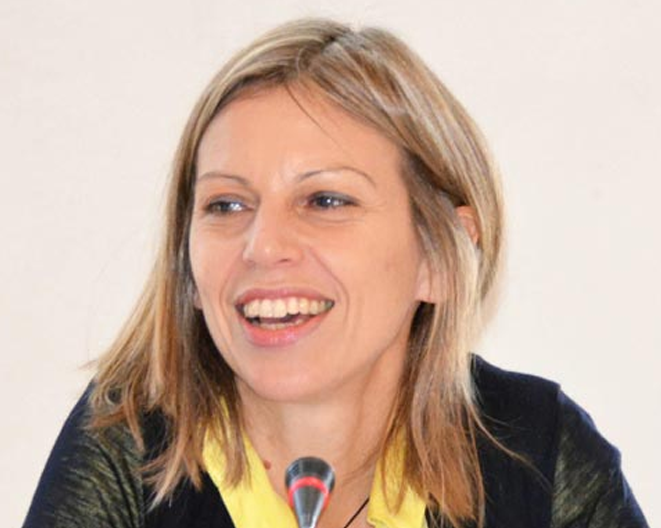Engaging with different academic cultures
I moved to Canada in August 2019 after 25 years of research on migration and integration in different European countries. I knew – or I thought I knew – a lot about Canadian policy for proactively managing highly skilled migration – the famous points system and Express Entry. I had never heard of Canadian Experience though. I also knew that Canada has an inclusive multiculturalism policy and of course I had been impressed by Prime Minister Trudeau’s statement soon after his 2015 election that Canada is a post-national country.
When joining Ryerson University, I asked a colleague and friend to recommend to me some readings that would get me up to gear with regard to the critical migration issues and debates in Canada and this is when I first heard the terms ‘settlement’ and ‘regionalisation’. Coming from a European background settlement reminded me of refugee (re)settlement and it took me a while to figure out what is a ‘settlement organisation’ – I would have said an NGO (non-governmental organisation) – or how settlement is different from integration.
In European countries, there can be programmes supporting migrant integration including free (and upon payment) courses for language learning or general citizenship education as well as special programmes facilitating labour market insertion. However there is no such broad and proactive policy approach like the notion of ‘settlement’ in Canada, and there is no equivalent to what in Canada is called ‘the settlement sector’.
Another distinction that exists in Canada but not in Europe, at least not in such sharp ways is that of temporary vs permanent migrants. In Canada the latter are entitled to settlement support but not the former. In Europe by contrast integration or employability courses are available to all and to newcomers in particular – there is little distinction between those holding short term or long term stay permits.
While these differences may seem subtle, they make the policy environment – and its analysis – markedly different. In addition, the analytical distinction between settlement and integration remains a little fuzzy. In Europe one would not use the term settlement and what is understood as settlement in Canada lies somewhere between secondary reception and integration in the European policy jargon
The term ‘regionalisation’ was another puzzle for me. Reading regionalisation I initially thought of multi-level governance: cities, regions and the national or federal level. So, when colleagues connected regionalisation with small and mid-sized cities I was struggling to wrap my head around it. What does regionalisation have to do with small cities? What does ‘regional Canada’ even mean? And what does one study in Canada if they study regionalisation – since there are no regions, we have provinces actually. Well, in plain English, one might freely translate regionalisation as immigration that goes to the smaller places outside the big cities, and the process of attracting and retaining immigrants in those small towns and rural areas. In the meantime, I am still looking for the etymological origins of the term regionalisation in Canadian migration studies.
This is all to say that when Mehru told me her idea about this project I was very enthusiastic. A light bulb lit in my head: this is what we need! To engage more and question the terms that we use (and their definitions) and to explore how these terms related to wider policy and socio-economic contexts. There are no correct or erroneous terms, but there are different national academic cultures and even if English is our common work language there can be so many misunderstandings!
